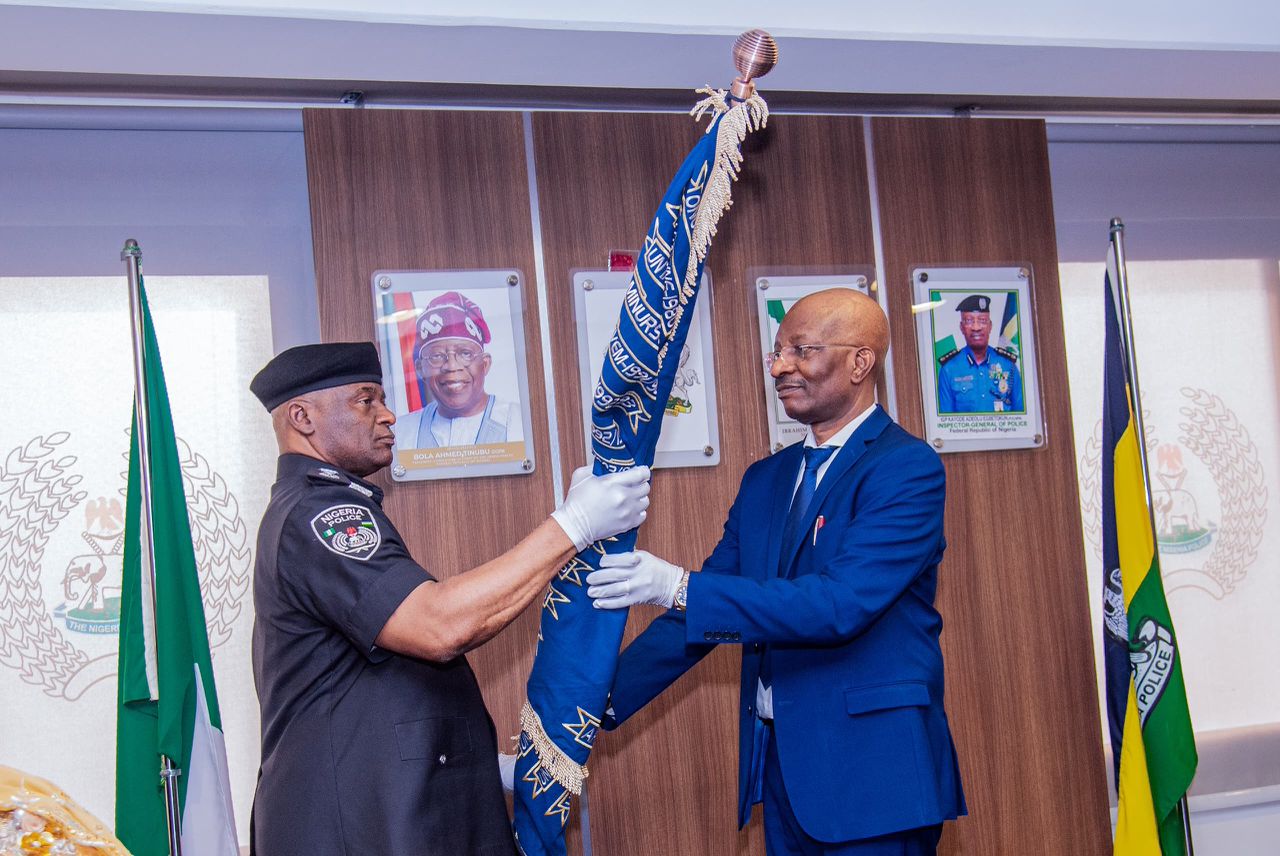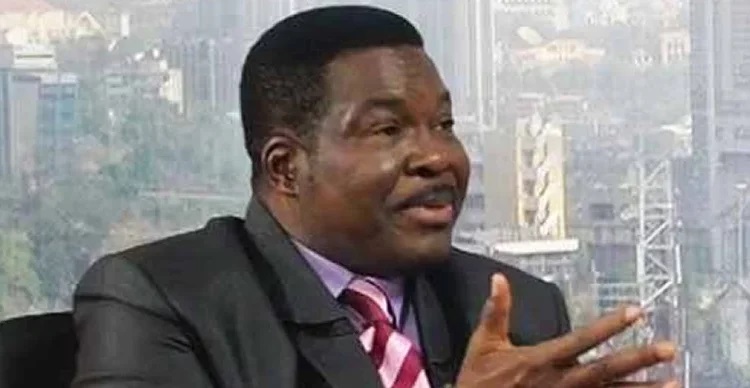George Onafowokan, Managing Director of Coleman Wires and Cables, has praised the economic policies of President Bola Tinubu, describing them as bold corrective measures that have started to reposition Nigeria’s economy on a sustainable growth trajectory.
In remarks released on Sunday, Onafowokan acknowledged that the past year had been particularly challenging for the private sector. However, he credited the Tinubu administration’s reforms with laying the groundwork for long-term industrial development.
“Since 2023, Nigeria has faced significant economic turbulence. But this turbulence is part of a needed reset—one that is beginning to yield results,” he said.
He singled out the elimination of petrol subsidies, currency market liberalisation, and aggressive interest rate policies as reforms that, while painful, have created conditions for future stability.
“The business climate was extremely tough, especially for manufacturers. But now, we’re beginning to see signs of recovery—stronger naira, increased foreign exchange inflows, and lower inflation rates,” Onafowokan stated.
According to the industrialist, the predictability brought by recent monetary interventions has improved investor confidence. “Just a year ago, commercial paper rates soared to 31%. Today, both interest and inflation rates are easing—this is real progress.”
While commending the government’s focus on stabilisation, he called for an urgent pivot to economic expansion. He advocated the full implementation of fiscal strategies, the disbursement of industrial funding, and structural reforms that would unlock growth.
“Stability was the first step. Now we must scale,” he said. “It’s time to activate the ₦1 trillion manufacturing fund and sign off delayed policy documents.”
Onafowokan warned that short-term political decision-making could derail progress and stressed the need for continuity in reform execution. “Nigeria needs leaders who plan beyond electoral cycles,” he said.
He expressed optimism about Nigeria’s prospects if the current path is maintained, predicting rising purchasing power and a stronger currency by 2026 or 2027, which could significantly lower energy and import costs.
“For Coleman, the signs are promising—we’re planning new factories, creating more jobs, and are confident about growth,” he added.
He concluded by highlighting the urgent need for access to affordable credit, noting that equity alone cannot fund the scale of industrialisation required. With sustained discipline over the next decade, Onafowokan believes Nigeria can achieve deep economic transformation.





